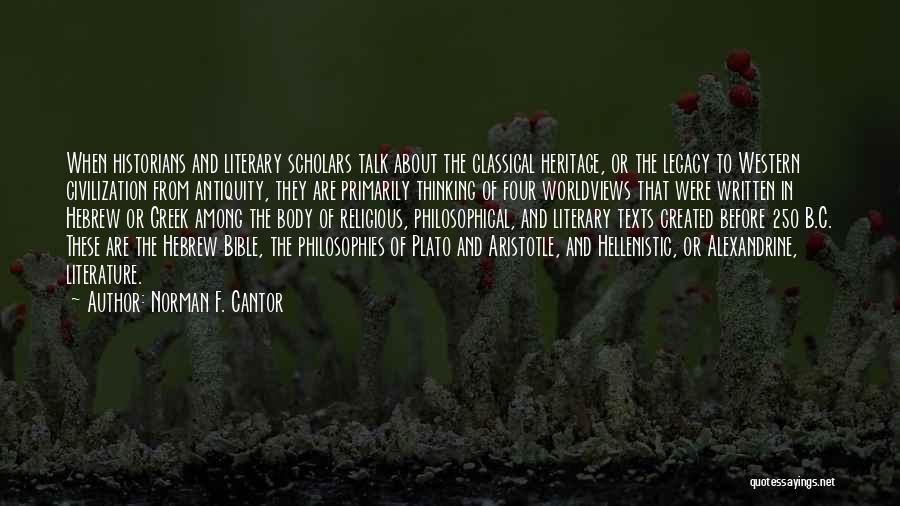Aristotle Philosophies Quotes & Sayings
Enjoy reading and share 4 famous quotes about Aristotle Philosophies with everyone.
Top Aristotle Philosophies Quotes

We may say, in a broad way, that Greek philosophy down to Aristotle expresses the mentality appropriate to the City State; that Stoicism is appropriate to a cosmopolitan despotism; that stochastic philosophy is an intellectual expression of the Church as an organization; that philosophy since Descartes, or at any rate since Locke, tends to embody the prejudices of the commercial middle class; and that Marxism and Fascism are the philosophies appropriate to the modern industrial state. — Bertrand Russell

But, lady, as women, what wisdom may be ours if not the philosophies of the kitchen? Lupercio Leonardo spoke well when he said: 'how well one may philosophize when preparing dinner.' And I often say, when observing these trivial details: had Aristotle prepared vituals [sic], he would have written more. — Juana Ines De La Cruz

When historians and literary scholars talk about the classical heritage, or the legacy to Western civilization from antiquity, they are primarily thinking of four worldviews that were written in Hebrew or Greek among the body of religious, philosophical, and literary texts created before 250 B.C. These are the Hebrew Bible, the philosophies of Plato and Aristotle, and Hellenistic, or Alexandrine, literature. — Norman F. Cantor

The truth is that science started its modern career by taking over ideas derived from the weakest side of the philosophies of Aristotle's successors. In some respects it was a happy choice. It enabled the knowledge of the seventeenth century to be formularised so far as physics and chemistry were concerned, with a completeness which has lasted to the present time. But the progress of biology and psychology has probably been checked by the uncritical assumption of half-truths. If science is not to degenerate into a medley of ad hoc hypothesis, it must become philosophical and must enter upon a thorough criticism of its own foundations. — Alfred North Whitehead





